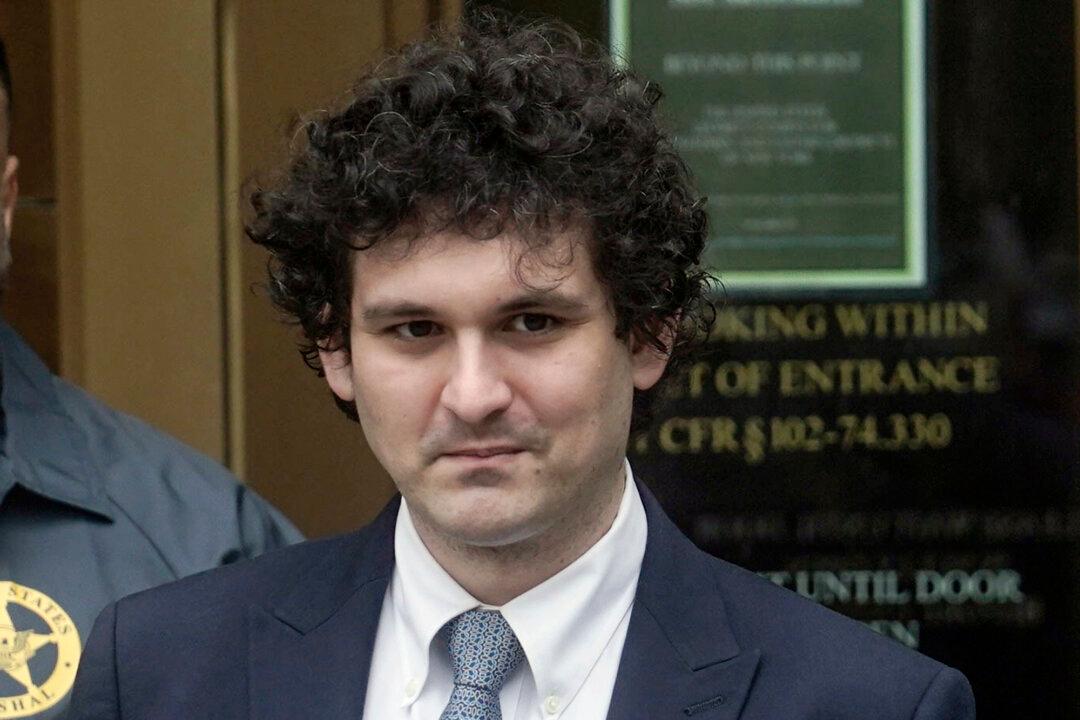Sam Bankman-Fried, the founder and former CEO of the failed cryptocurrency exchange FTX, made the surprise decision to testify in his criminal trial on Thursday in spite of the prospect of aggressive cross-examination from government lawyers.
The testimony got off to a fitful start on Thursday, with reports emerging that the judge in the case announced early that afternoon that his testimony would have to wait until Friday at the earliest, and later reports that testimony had gotten underway. In any event, observers find it hard to believe that Mr. Bankman-Fried would dare to take the stand at all in the face of a strong prosecution case emphasizing personal accounts from people he once considered friends and colleagues.





